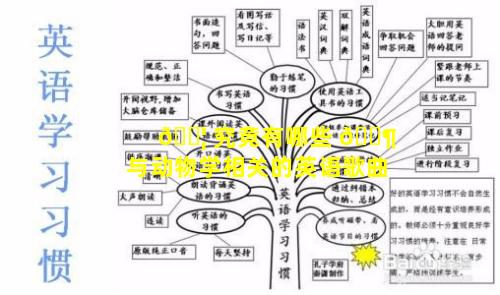动物学英语是否仅指动物学相关词汇
- 作者: 王绾柚
- 来源: 投稿
- 2024-10-30
1、动物学英语是否仅指动物学相关词汇
不完全正确。动物学英语不仅包括动物学相关词汇,它还包括以下内容:
描述动物行为和生理的术语
对动物分类、解剖和生理的研究方法
动物学实验和研究结果的科学交流
动物学研究领域的伦理和社会影响
2、动物学的英文单词
Zoology
3、动物学英语单词
Amphibian (n.): A coldblooded vertebrate that lives both in water and on land, such as a frog or salamander.
Arachnid (n.): An invertebrate animal that has eight legs and no wings, such as a spider or scorpion.
Arthropoda (n.): A phylum of invertebrates that have external skeletons and jointed legs, such as insects, spiders, and crustaceans.
Aves (n.): The class of birds, characterized by feathers, wings, and beaks.
Bivalve (n.): A mollusk that has two hinged shells, such as a clam or oyster.
Carnivore (n.): An animal that eats other animals, such as a lion or tiger.
Carnivorous (adj.): Of or relating to carnivores or their behavior or diet.
Cephalopod (n.): A mollusk that has a welldeveloped head and arms or tentacles, such as an octopus or squid.
Crustacean (n.): An aquatic invertebrate that has a hard exoskeleton and jointed legs, such as a crab or shrimp.
Decapod (n.): A crustacean that has ten legs.
Echinoderm (n.): A marine invertebrate that has a spiny or plated skin, such as a starfish or sea urchin.
Fish (n.): A coldblooded vertebrate that lives in water and has gills for breathing, such as a salmon or tuna.
Gastropod (n.): A mollusk that has a single, coiled shell, such as a snail or slug.
Herbivore (n.): An animal that eats plants, such as a cow or deer.
Herbivorous (adj.): Of or relating to herbivores or their behavior or diet.
Insecta (n.): A class of arthropods that have six legs and three body segments, such as a fly or beetle.
Invertebrate (n.): An animal that does not have a backbone, such as an insect, spider, or worm.
Mammal (n.): A warmblooded vertebrate that has hair, gives birth to live young, and nurses them with milk, such as a dog or cat.
Mammalian (adj.): Of or relating to mammals or their characteristics.
Mollusk (n.): A softbodied invertebrate that has a hard shell, such as a snail, clam, or octopus.
Oviparous (adj.): Of or relating to animals that lay eggs, such as birds or reptiles.
Pisces (n.): The class of fish.
Plankton (n.): A group of microscopic organisms that float or drift in water, such as algae or bacteria.
Reptilia (n.): The class of reptiles, characterized by scales, claws, and lungs.
Ruminant (n.): A mammal that chews its cud, such as a cow or goat.
Vertebrate (n.): An animal that has a backbone, such as a fish, bird, or mammal.


